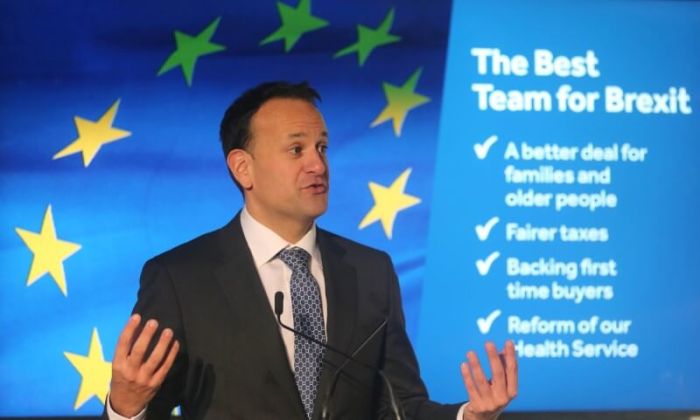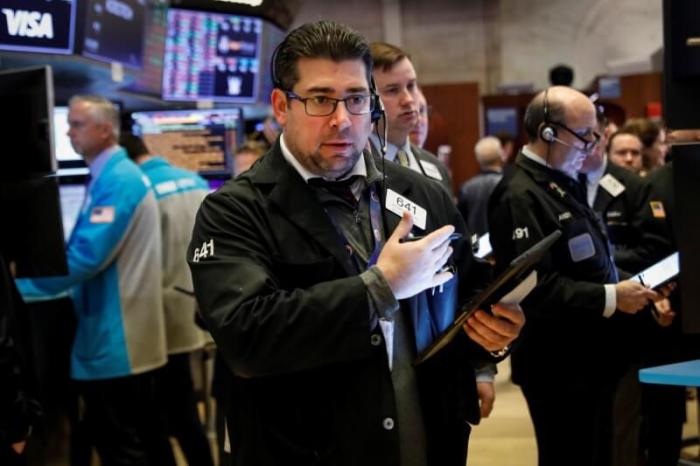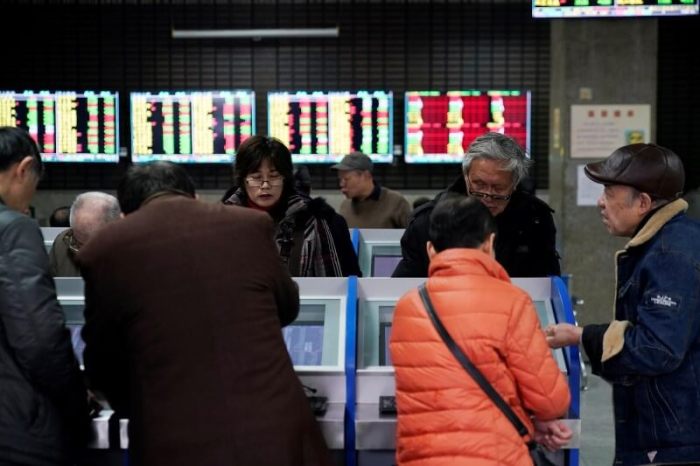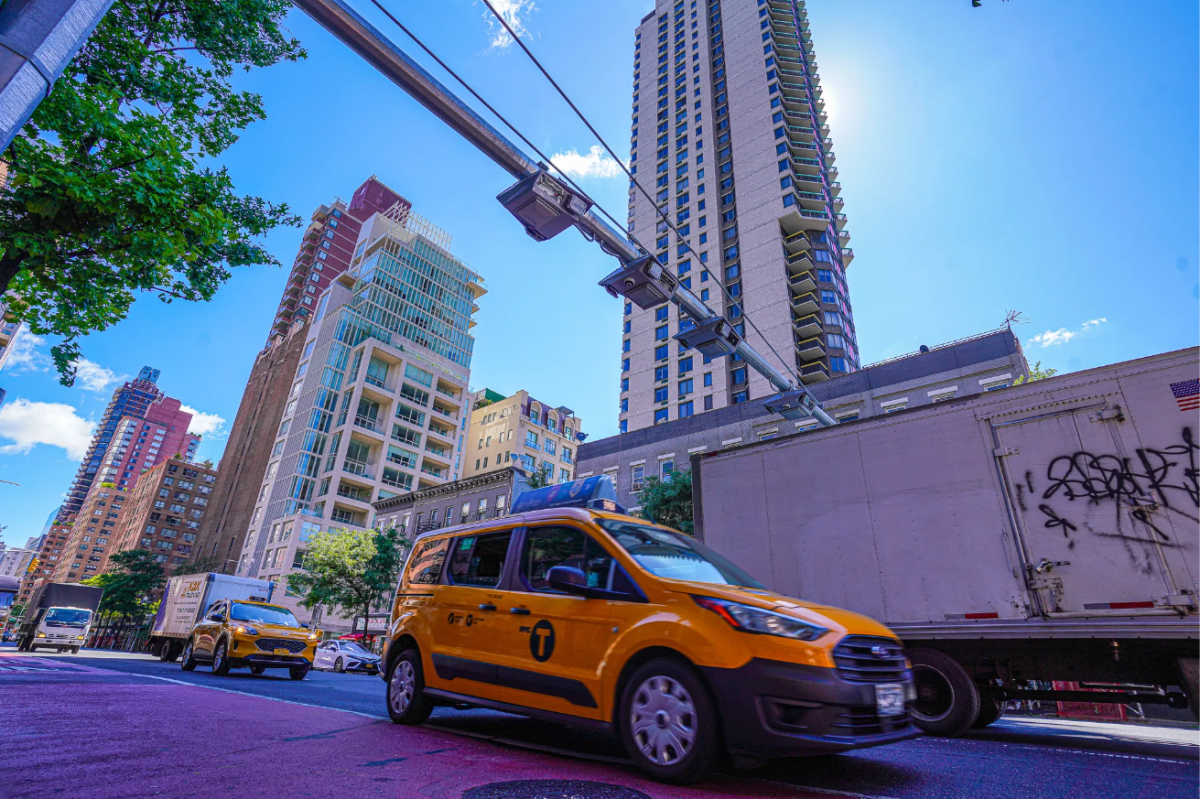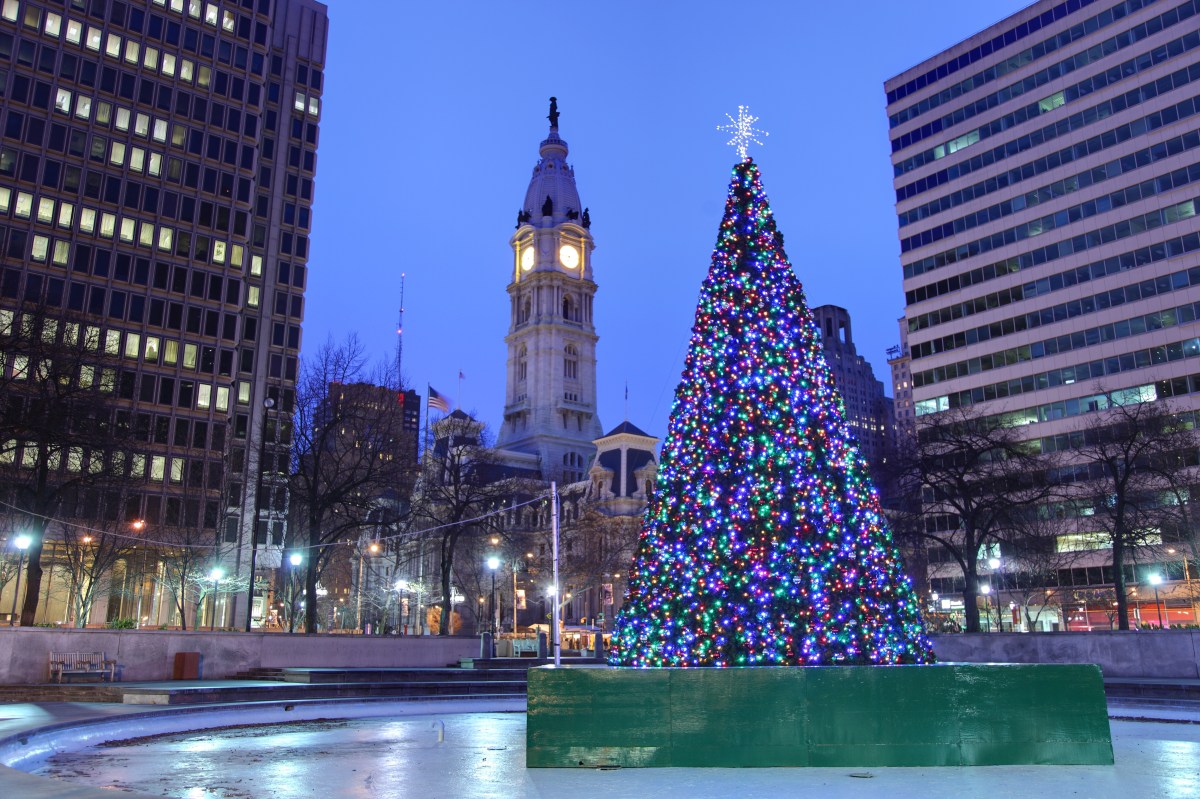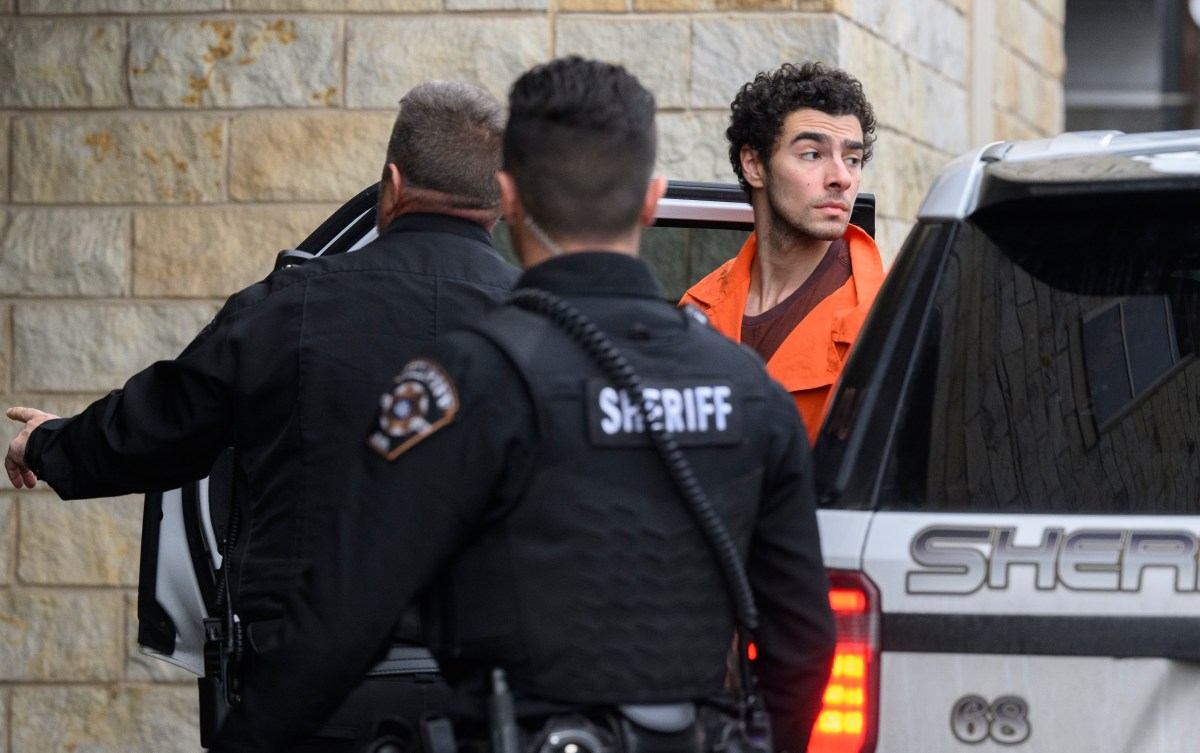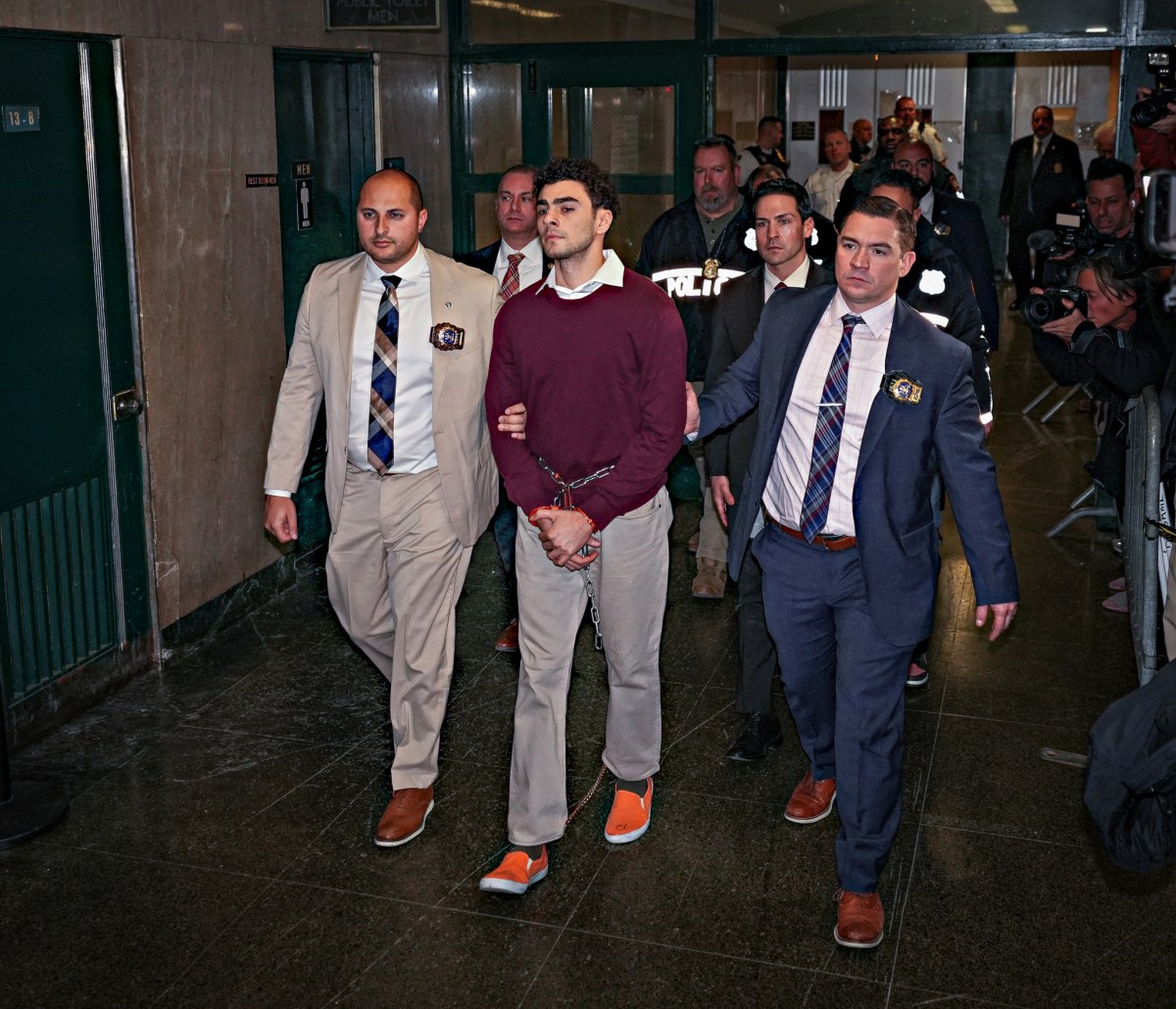By Nafisa Eltahir and Maha El Dahan
DUBAI (Reuters) – Luxury car rental dealer Sheshan Gautham had a disappointing start to 2020 when nearly two thirds of his Chinese clients canceled bookings in January due to the coronavirus outbreak.
The business, Uptown Rent A Car, took the hit and Gautham thought the worst was over. But then Saudi Arabia, his biggest source of customers, halted flights to and from the United Arab Emirates this week to stop the virus spreading.
“Chinese love driving Lamborghinis … (but) Saudis are our biggest market,” he told Reuters at the dealership in Dubai’s glitzy downtown area.
The dealership, which has 120 cars, including BMWs and Rolls Royces that rent for up to 8,000 dirhams ($2,178) per day, is close to the Dubai Mall and Burj Khalifa skyscraper that are major draws for millions of tourists.
“If this goes on for only 15-20 days as a big firm we are stable … but if this goes on until Eid we will need to change the structure of our business model,” he said, referring to the Muslim holiday that falls in May this year.
Uptown and other businesses that depend on Dubai’s tourists also hope the global health crisis will have eased in time for the city’s Expo 2020 world fair in October, which organizers have estimated will draw 11 million overseas visitors.
The Expo is billed as a showpiece of culture, business and technology with pavilions from 192 countries as well as concerts and other events over six months.
The Expo organizers have said that preparations remain on track. “We are consulting very closely with local authorities and the International Bureau of Expositions in Paris as the situation evolves,” an Expo spokesman told Reuters.
Dubai will have spent 30 billion dirhams ($8.17 billion) on Expo-related infrastructure projects by the end of the fair, which runs to April 2021, a Dubai finance department spokesman told Reuters.
FORCE MAJEURE
But some of Dubai’s hotel businesses are starting to feel the pain from the global travel slowdown.
In February, hotel occupancy rates in the UAE were down 6.6% year-on-year, while revenue per available room was down 21.4%, preliminary data from analytics specialist STR showed.
Dubai’s Emaar Properties Concerts, sporting events and industry conferences have been canceled or postponed in the past few weeks in the UAE, which has recorded 74 cases of coronavirus.
Al Habtoor City, a group of three hotels, has been hit as companies curtail non-essential travel and events get postponed.
“We should be running at 90% right now and instead we are at 60%,” said complex general manager Fredrik Reinisch.
Dubai’s economy – buoyed by foreign trade, tourism and its status as the main regional hub for business services – is the most diversified in the Gulf region, where governments continue to rely heavily on oil revenues. But it has had a slowing real estate market for most of the decade, due to housing oversupply, and sluggish economic growth linked to a slump in oil prices since 2014.
With oil under pressure again – down by more than 40% since the beginning of the year – the economic outlook for the UAE, whose oil wealth is concentrated in the political capital Abu Dhabi, faces downside risks. The country’s central bank last month advised banks to reschedule loans and reduce fees and commissions, as part of measures to mitigate the economic effects of the coronavirus outbreak.
EXPO BUMP
Reinisch, from Al Habtoor City, remains optimistic that business will pick up again.
“We believe this will be fairly short term, and we will have a great Q4.”
“We have Expo coming up after the summer and we see only positive signs with delegations inquiring and asking about it,” Reinisch said.
Dubai-based Arqaam Capital last year forecast an economic benefit from Expo of up to $9 billion in incremental tourist spending.
But analysts have said any boost will be limited and is unlikely to help the real estate sector in the long-term.
“The boost [from Expo] will be temporary and potential overcapacity in the real estate and tourism sectors after the event is likely to weigh on the revenues of government-related entities,” said William Jackson, chief emerging markets economist at Capital Economics. Until Expo, some of Dubai’s businesses hope locals will make up for the lack of tourists.
“It’s okay if there’s a slowdown for a month or two,” said Hossam Kamal, general manager at Rotana Amwaj hotel in the seaside Jumeirah Beach Residences district, where restaurants and cafes are still busy. But that is not an option for another luxury car rental firm where a sales representative, who declined to be named, has had several cancellation calls from Saudis, who account for 80% of the business. Emiratis have their own luxury cars, he said. In the meantime, his immediate concern is to deep-clean cars for the few remaining rental customers. “If you find Dettol anywhere, please tell me,” he said.
(Reporting By Nafisa Eltahir, Maha El Dahan, Davide Barbuscia, Saeed Azhar and Yousef Saba; Editing by Ghaida Ghantous and Jane Merriman)


